You may have noticed I’ve been largely absent from blogging this summer.
Bills—They won’t go away no matter how much I delay opening up those “Your Bill Is Now Due” emails.
Beauty—I haven't had time to try any new beauty products, but my braids looked so fly sitting on the living room couch/my preferred office all summer!
Books—I’ll get into that a few paragraphs down.
Beau –My #bae hasn’t quit Team GRAD (Gheni & Brad yet!) :)
Summer break usually means carefree days, relaxing on beaches, catching up on shows and all the time in the world to blog. Sounds like a dream come true!
Some of the frustration came from dealing with the ongoing fight for equality and social justice that manifested this summer in the form of the shooting death of #AltonSterling and the subsequent protests in #BatonRouge. I chronicled the events via social media, and I took some pictures I'll share later.
Meanwhile the majority of my summer worries came from dealing with the D-Word-- DISSERTATION! *cue dramatic and menacing music**
I’m thankful for the opportunity to research a topic I love and to have the support of people around me to assist me with this endeavor. But anyone who has worked on a dissertation or is a friend or loved one of someone working on a dissertation knows it is definitely a stress-inducing venture!
This is sometimes intensified when you are working with human subjects! Trust me! There will be many a future blog post on my summertime recruitment adventures (nightmares ?)! Maybe I can help future researchers following in my footsteps.
But for now, I wanted to share some exciting news with you!
This fall, I joined the faculty of the University of Montevallo’s Department of Communication!
I'm teaching introductory and upper-level mass communication courses!
#LivingTheBlessedLife
I look forward to updating you as the semester progresses!
Now, let me go write or teach something. :)
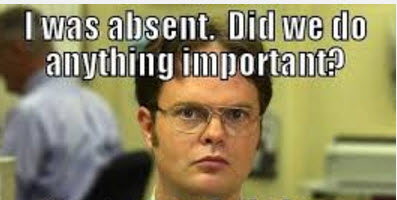
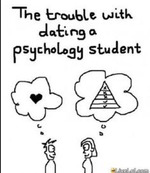
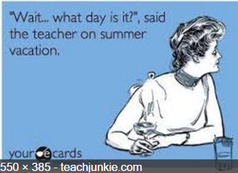
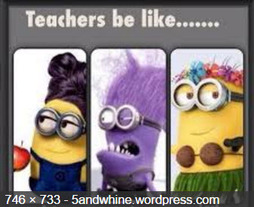
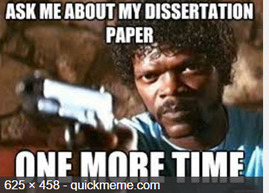
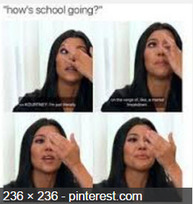
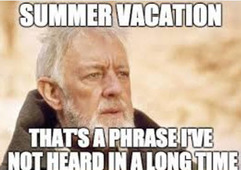

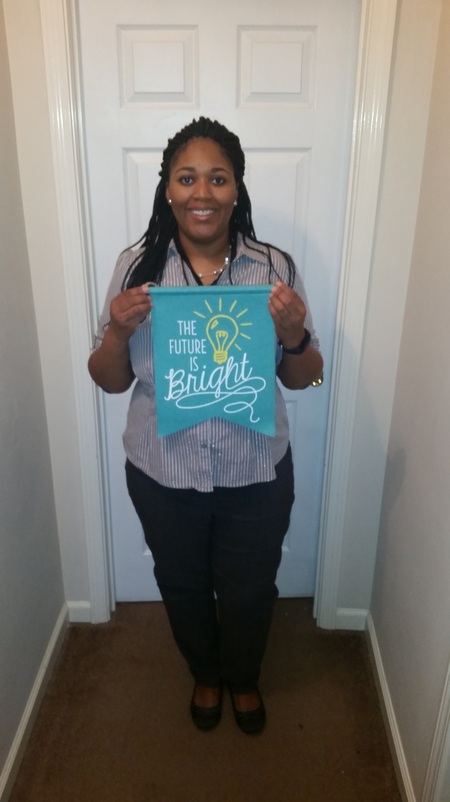

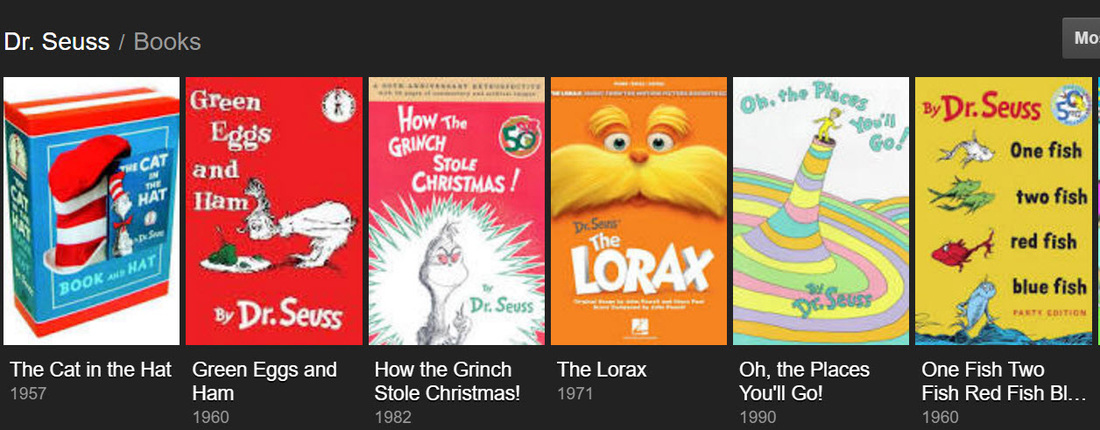



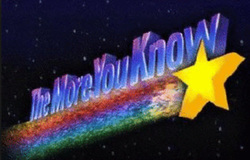
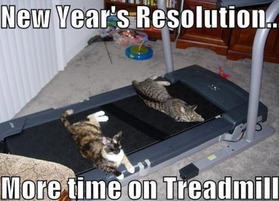
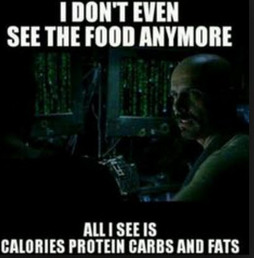
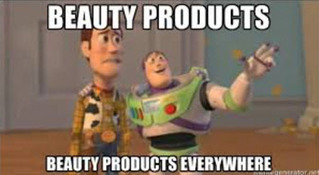


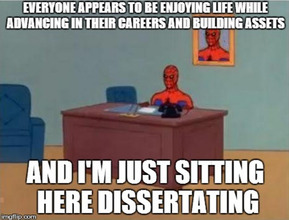
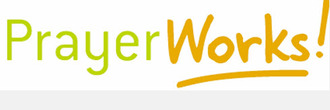
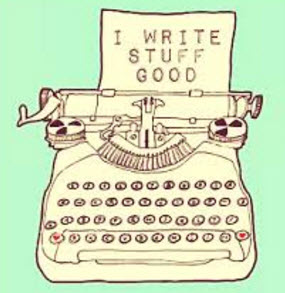

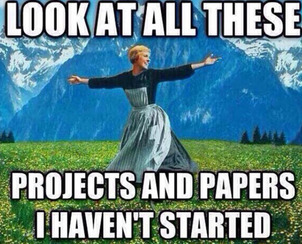
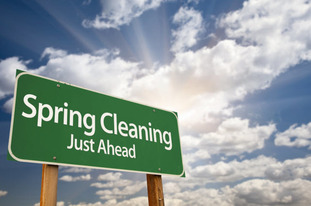
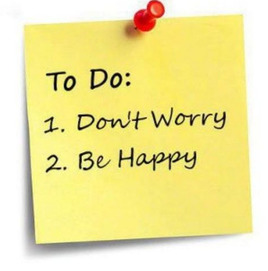

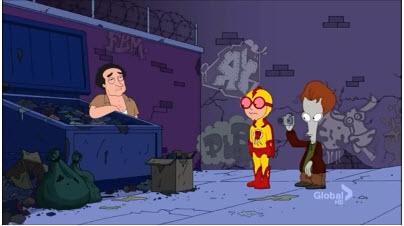



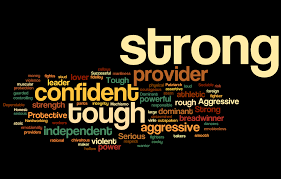
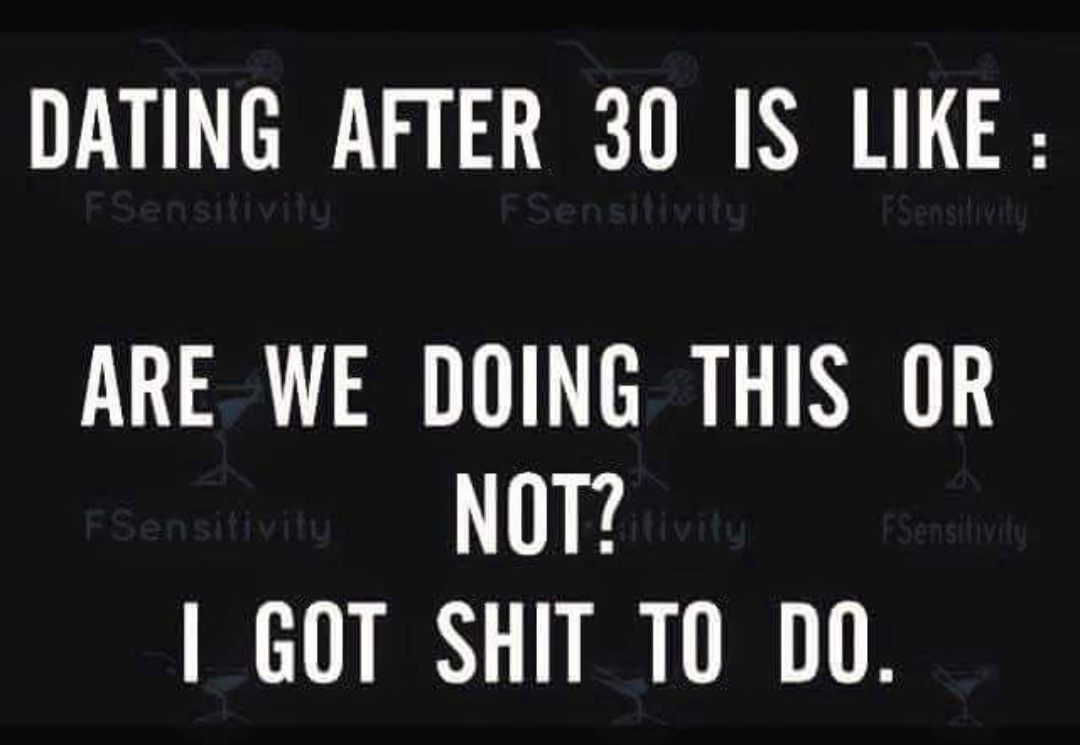
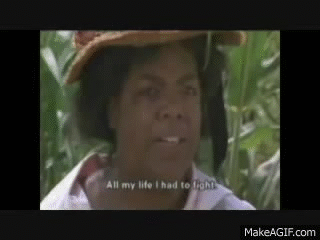
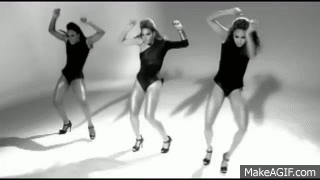
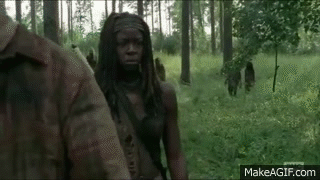

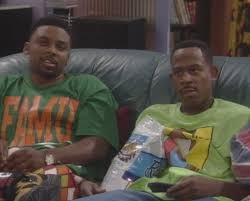
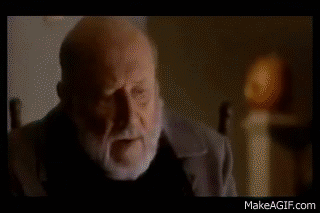

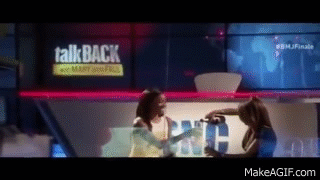
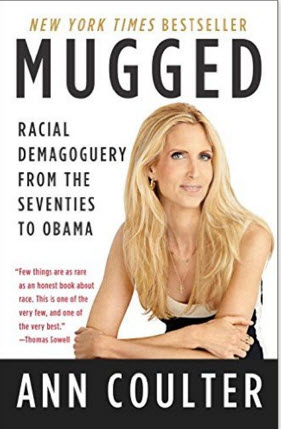
 RSS Feed
RSS Feed